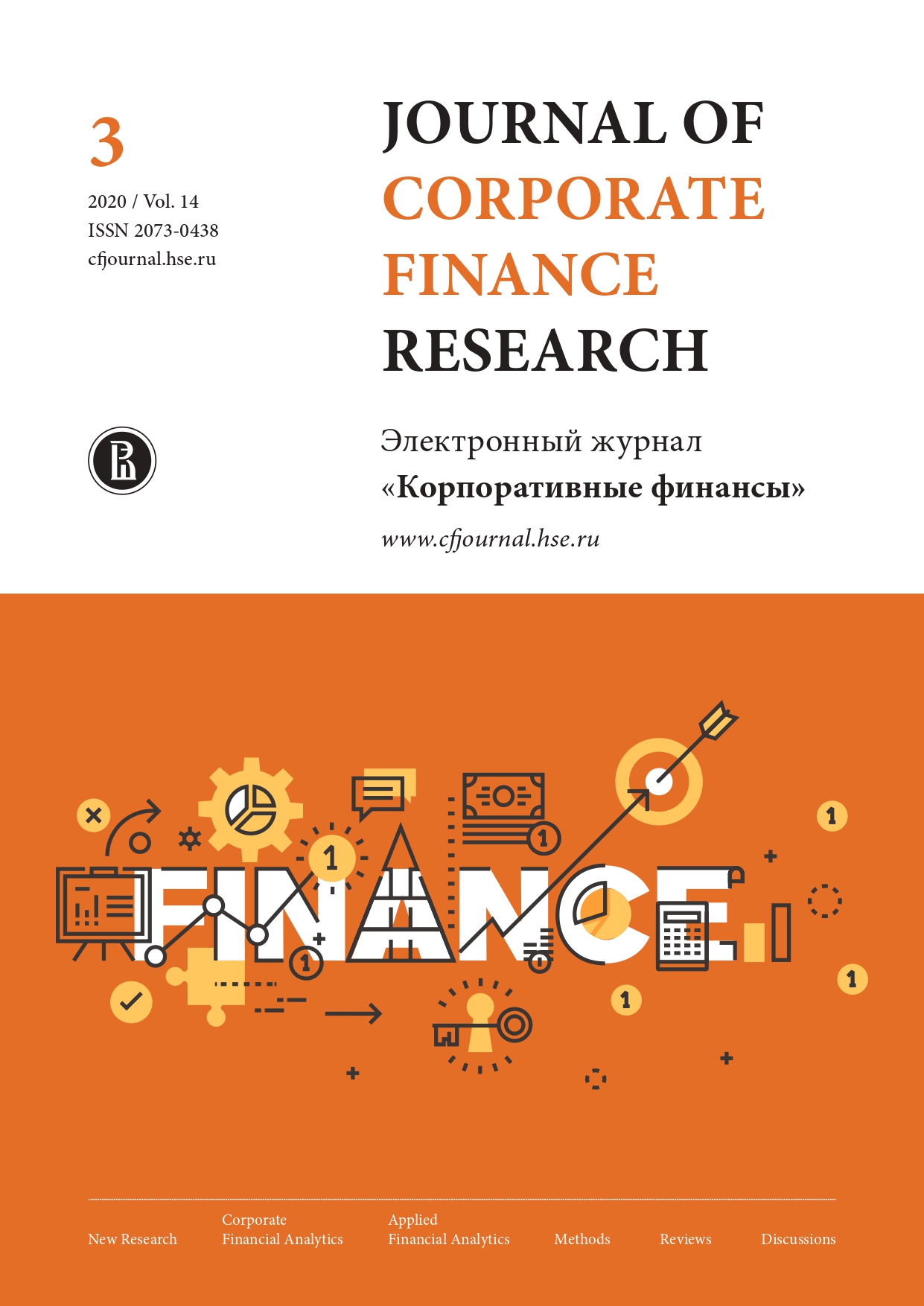Corporate Cash Flow Transformation and Payment Space Digitalisation in the Eurasian Economic Union
Abstract
Modern digital systems in the EEU do not meet the requirements for official methods of transferring funds, and are not appropriate for use in the field of corporate finance. As such, we propose the development of a modified digital system combining the principles and capabilities of traditional and innovative systems based on distributed registry technology.
This should promote integration of national payment systems into the financial sphere under conditions of sanction burden, and low trust in the virtual world.
First, we outline the features of corporate cash flows through digital financial assets transfer in a national digital system, and cross-border settlements within a common digital payment space. Next, we describe the possible roles of corporate structures and individuals in payment systems within an EEU common digital payment space. We combine methods of formal logic, historical and comparative analysis, modeling, and graphical interpretation. The study of the digital financial space was carried out on a selection of materials from the Russian Federation, Armenia, Belarus, Kazakhstan, and the Kyrgyz Republic.
Our results illustrate the practical value of a new digital system in reducing the influence of intermediaries, and of integrating systems with different types of information into a common database. In addition, we indicate how the prevailing international digital transfer system will accelerate, simplify and reduce the cost of cash flow procedures for organisations.
By leveling the need for an international digital unit, such a system will play an intermediary role. We identify the necessary conversion operations to achieve this.
The scientific novelty of this study resides in the fact that there is no current analogue for the project proposed herein. As such, we present a large scale and straightforward roadmap for an ambitious and adaptive response to digital development opportunities, social evolution, and financial obstacles.

